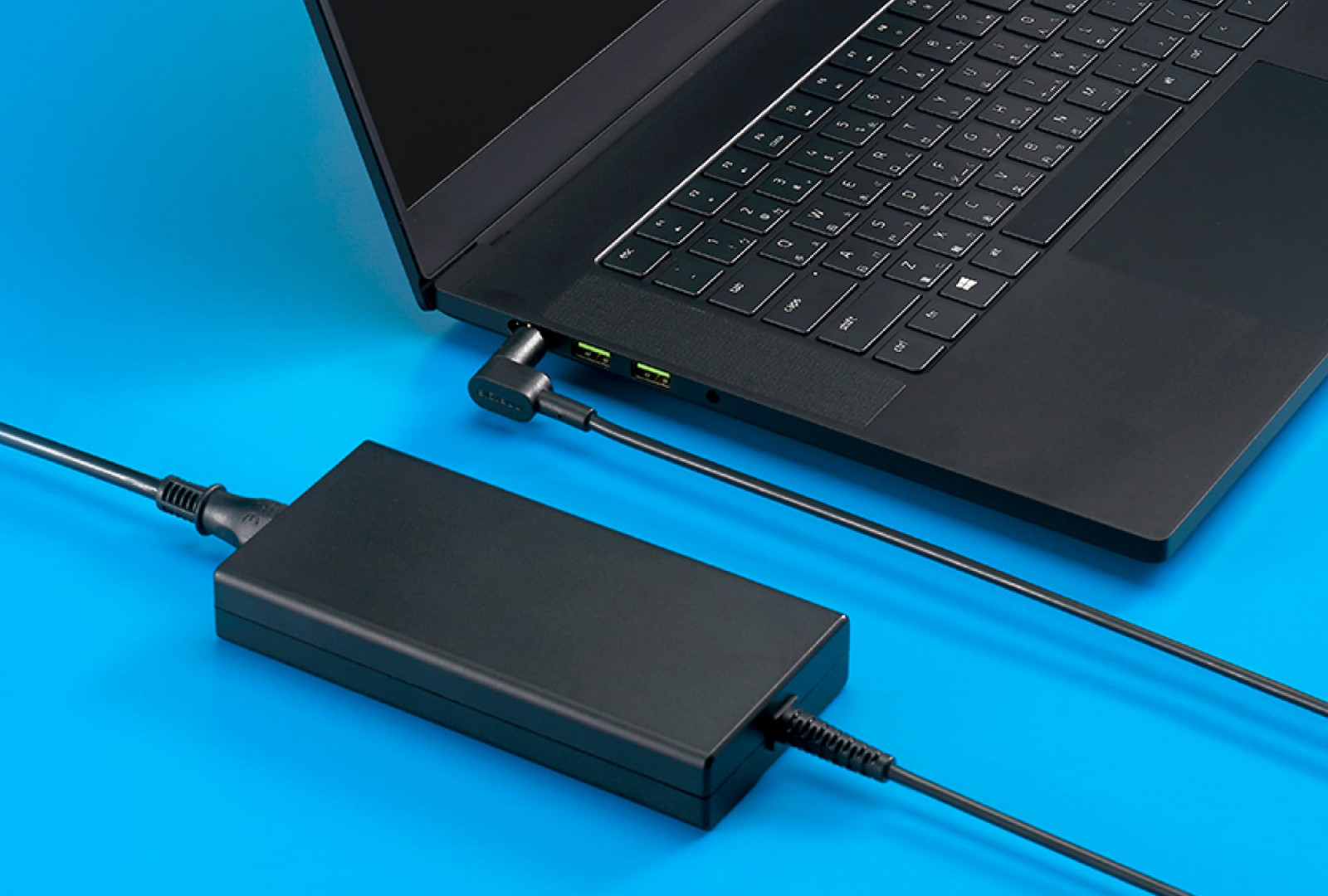Batteries in devices like laptops and phones lose their ability to hold a charge over the years. The time between the first use of the battery and the time it no longer holds any power is known as battery life.
Typically, laptop batteries last between two and five years before they lose their ability to hold a charge. Although this estimate reflects the lifespan of a laptop battery used by the average user, it is not completely accurate. The lifespan of your battery depends on how quickly you complete the battery’s charge cycles.
Each charging cycle is defined as your battery going from full charge to completely discharged (100% – 0%). The average laptop has a battery that can last approximately 300 to 500 charge cycles before a significant decrease in battery capacity occurs. Using your laptop less often can extend these cycles, but not using it at all can also shorten battery life.
It’s important to pay attention to how long each charging cycle takes. If your laptop can run for ten to twelve hours after being fully charged, just one charging cycle every two days may be enough, almost guaranteeing that the battery will last for several years. If the battery can only hold its charge for five hours, you may need to use several charging cycles each day.
There are several factors that affect the lifespan of laptop batteries, including total charge cycle usage, exposure to extreme heat, and the quality of the battery.
Charging Cycles
The most important factor affecting the lifespan of your laptop battery is how quickly you complete charge cycles. As mentioned above, most laptops can go through 500 to 1,000 charging cycles before significantly losing battery capacity. As a result, laptops that are used frequently but for short periods of time will typically have longer battery life than laptops that are used for hours each day.
Battery Quality
As you can imagine, the quality of the battery is also an important factor that affects its life. Generally, you’ll get the best lifespan from OEM batteries or third-party batteries made from a quality material like lithium. Cheaply produced third-party batteries may have a shorter overall lifespan and may be more vulnerable to degradation from excessive heat or high charger voltage.

Wrong Charging
The wattage of your laptop charger is very important. Your laptop battery life is maximized when you use the charger originally sold with your laptop or a third-party charger of equivalent wattage. Using a charger with a higher wattage than recommended (such as 65W instead of 45W) will cause your laptop’s battery to deteriorate quickly.
Extreme Heat
Heat is a major external factor that can shorten the life of your laptop’s battery. Heat from internal or external heat sources can cause damage. You should avoid using your laptop in extremely hot weather and ensure that the bottom ventilation holes are always open. You may also want to avoid overclocking your CPU or using applications that cause your laptop to heat up. If your laptop frequently overheats, it may need repair.
Less Use
Finally, leaving your laptop unused also affects battery life. If your battery is stored charged for several weeks or longer, stagnant charging will quickly degrade the battery. If you intend to put your laptop away for more than a few weeks, it is recommended that you completely discharge your laptop battery before storing it.